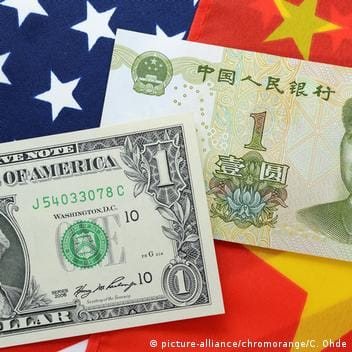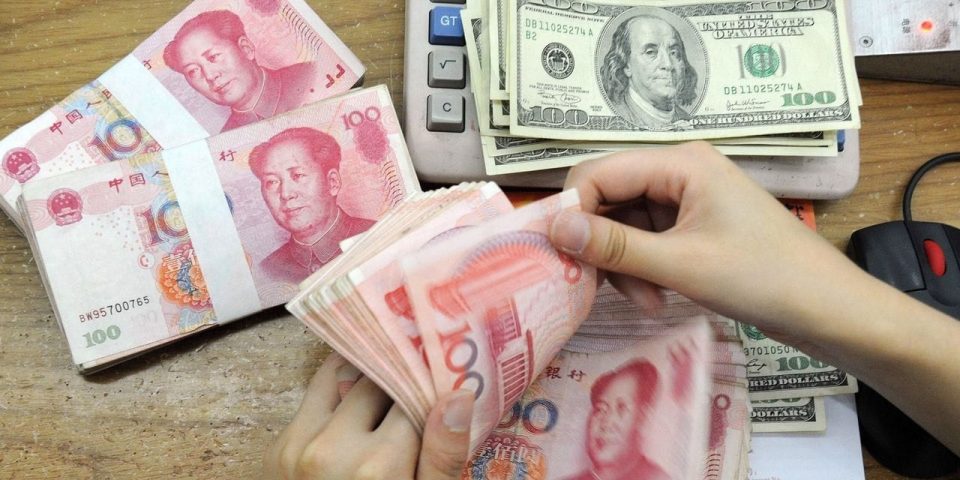The BRICS consortium which comprises of Brazil, Russia, India, China, and South Africa, has made notable strides in promoting economic cooperation and growth amongst its member states. Nevertheless, the group now confronts novel challenges as Russia and China seek to diminish their reliance on the US dollar for international trade.
Recently, Russian President Vladimir Putin and Chinese President Xi Jinping announced that their nations are taking measures to diversify their currencies for international transactions. Specifically, Putin expressed his country’s preference for utilizing the Chinese yuan for settlements with Asian, African, and Latin American countries. Given that China is the world’s second-largest economy, and Russia is a prominent global energy exporter, the dollar’s dominance in the international financial system could potentially erode. However, the efficacy of their efforts remains uncertain.
The dollar has long been the bedrock of American economic and political leverage, affording the nation the ability to impose unilateral sanctions on other nations, prevent them from accessing significant sectors of the global economy, and sell its debt in the form of T-bills to other countries. Nonetheless, the sanctions imposed on Russia and the increasingly hostile attitude towards China by Washington have caused both nations to accelerate their efforts to move away from the dollar. They are reducing their reserves in dollars, settling most of their trades in yuan, and encouraging other nations to follow suit.
Several significant countries are creating international payment systems outside of the dollar-dominated SWIFT system. Saudi Arabia has even considered pricing its oil in yuan. Digital currencies, which are being explored by most nations, could also serve as an alternative, with China’s central bank already having developed one. All these options entail additional costs, but the nations appear increasingly willing to pay the price to achieve their political objectives.
Russia and China have substantially decreased their use of the dollar in bilateral trade, from approximately 90% in 2015 to 51% in 2019. The director of the Institute of Far Eastern Studies at the Russian Academy of Sciences posits that the “de-dollarization” of Russia-China is approaching a “breakthrough moment” that could elevate their relationship to a de facto alliance. This outcome could compel the US to confront a reckoning of unprecedented proportions, as American policymakers have grown accustomed to spending without regard for deficits, and its Federal Government has resolved financial crises by vastly expanding its balance sheet, all thanks to the dollar’s unique status. If that supremacy fades, the US may confront an economic reckoning.

As the BRICS economies continue to mature and expand, the challenges they confront will also evolve. With Russia and China leading the charge for de-dollarization, the BRICS group may alter the international financial landscape and become even more significant players on the global stage. It will be interesting to observe how the group navigates these challenges and adapts to the changing economic terrain in the upcoming years. This development could have a profound impact on the global financial system and warrants close monitoring by policymakers and market participants alike.

